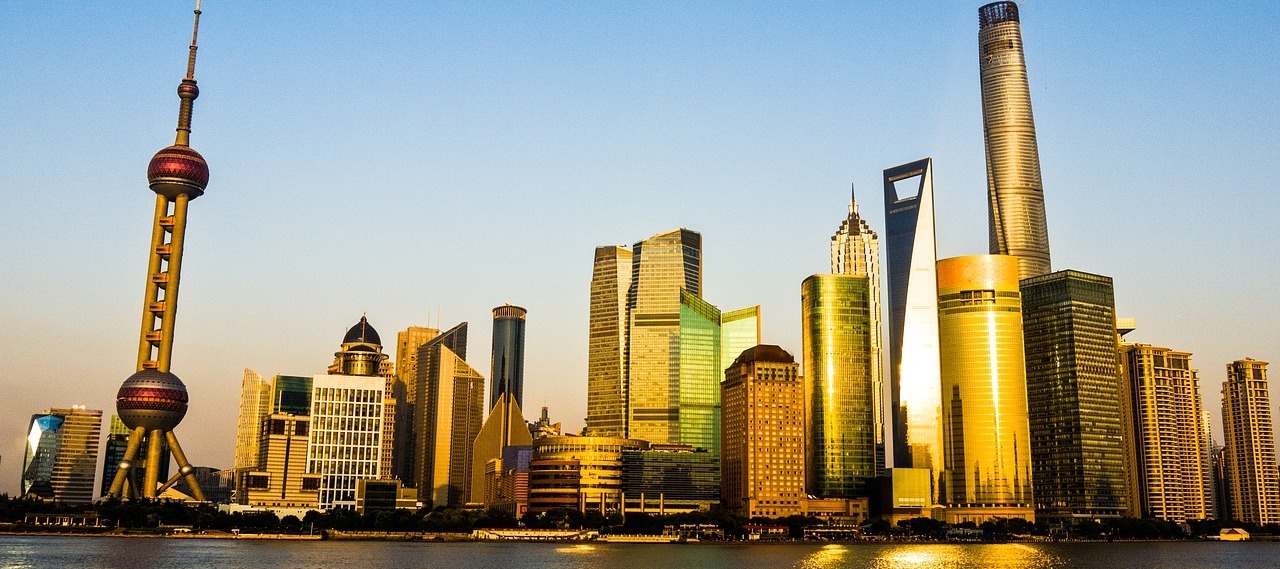
China power crunch spreads, shutting factories and dimming growth outlook
Widening power shortages in China have halted production at numerous factories including many supplying Apple and Tesla, while some shops in the northeast operated by candlelight and malls shut early as the economic toll of the squeeze mounted.
China is in the grip of a power crunch as a shortage of coal supplies, toughening emissions standards and strong demand from manufacturers and industry have pushed coal prices to record highs and triggered widespread curbs on usage.

PRODUCTION FALLOUT
Tight coal supplies, due in part to a pickup in industrial activity as the economy recovered from the pandemic, and toughening emission standards have driven the power shortages across China.
China has vowed to cut energy intensity - the amount of energy consumed per unit of economic growth - by around 3% in 2021 to meet its climate goals. Provincial authorities have also stepped up the enforcement of emissions curbs in recent months after only 10 of 30 mainland regions managed to achieve their energy goals in the first half of the year.
China's focus on energy intensity and decarbonization is unlikely to abate, analysts said, ahead of COP26 climate talks - as the 2021 United Nations Climate Change Conference is known - which will be held in November in Glasgow and where world leaders will lay out their climate agendas.
The power pinch has been affecting manufacturers in key industrial hubs on the eastern and southern coasts for weeks. Several key suppliers of Apple and Tesla halted production at some plants.
At least 15 Chinese companies have said in exchange filings that production had been disrupted by power curbs, while more than 30 Taiwan-listed firms with China operations had stopped work to comply with the power limits.
The steel, aluminium and cement industries have also been hard hit by the output curbs, with about 7% of aluminium production capacity suspended and 29% of national cement production affected, Morgan Stanley analysts wrote in a Monday note. Paper and glass could be the next industries to face supply disruptions, they said.
Producers of chemicals, dyes, furniture and soymeal have also been affected.

GDP CUTS
The fallout of the power shortage has prompted some analysts to downgrade their 2021 growth outlook.
Nomura cut its third and fourth-quarter China GDP growth forecasts to 4.7% and 3.0%, respectively, from 5.1% and 4.4% previously, and its full-year forecast to 7.7% from 8.2%.
"The power-supply shock in the world's second-biggest economy and biggest manufacturer will ripple through and impact global markets," analysts at Nomura said in a Sept. 24 note, warning that global supplies of textiles, toys and machine parts could be affected.
Morgan Stanley analysts said production cuts, if prolonged, could knock 1 percentage point off China's GDP growth in the fourth quarter.
Last week, major coal producers in China met to try and resolve shortages and curb price increases.
China, the world's biggest energy consumer and source of climate-warming greenhouse gas, has said it aims to bring carbon emissions to a peak by 2030 and to net zero by 2060.
© 2021 LeackStat.com
